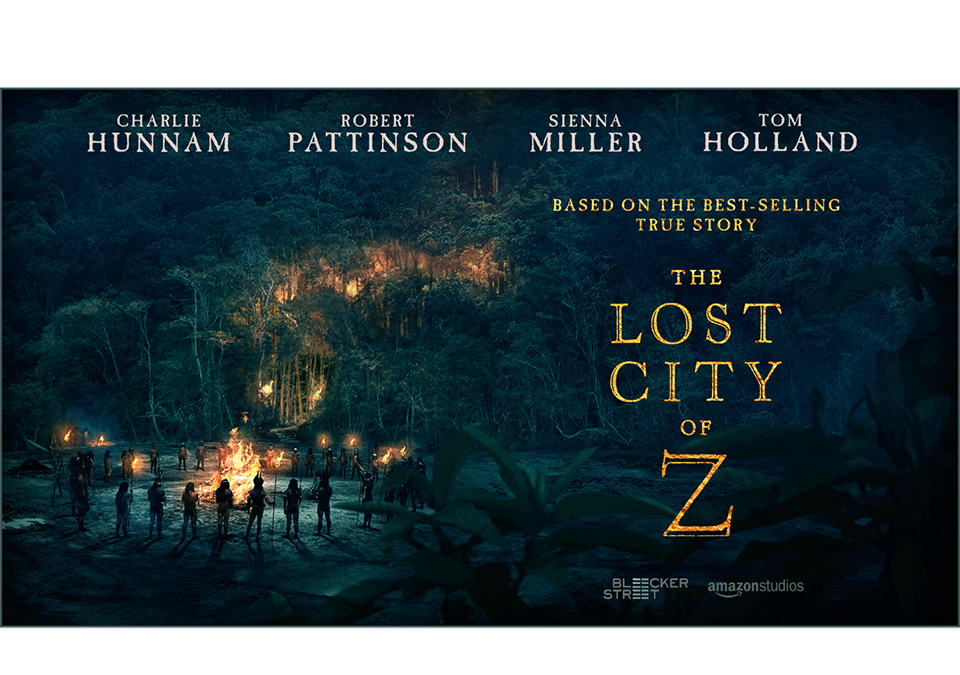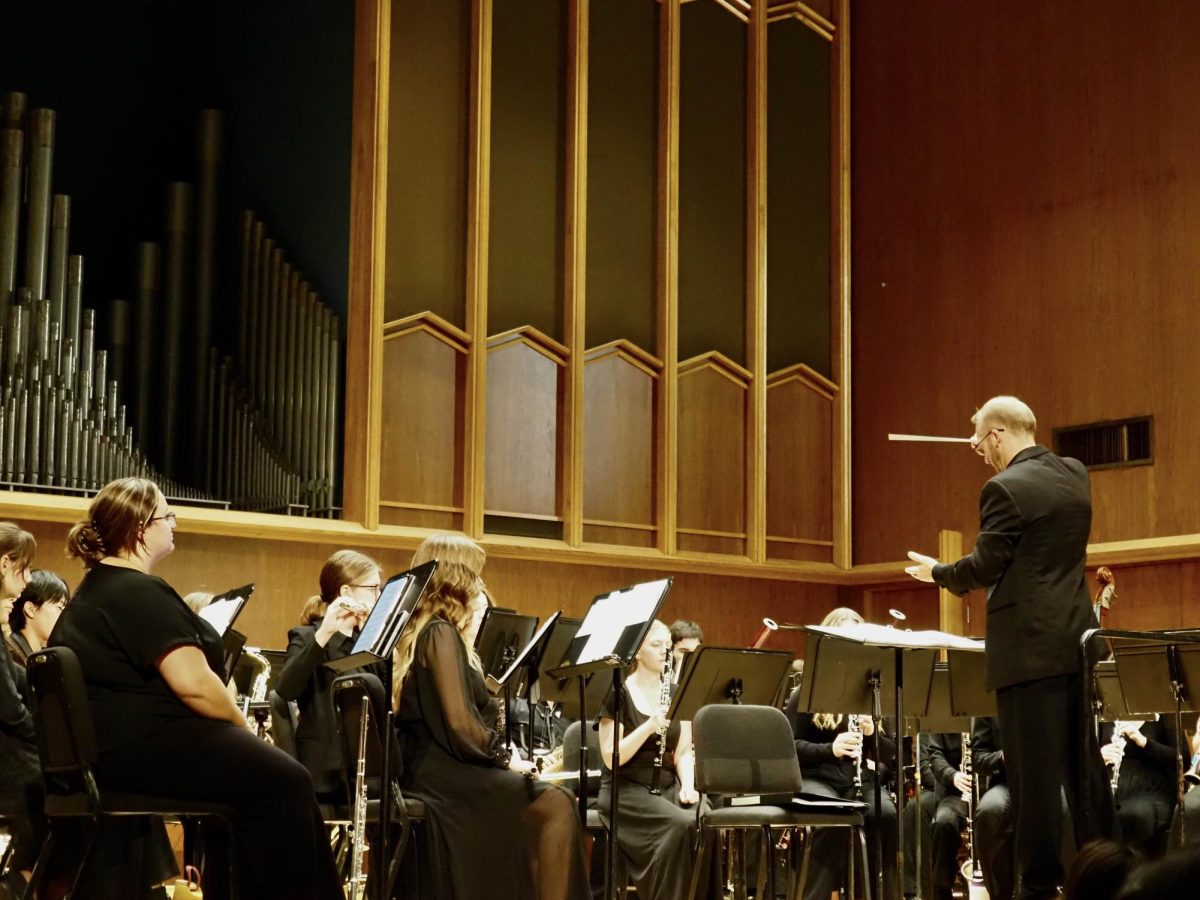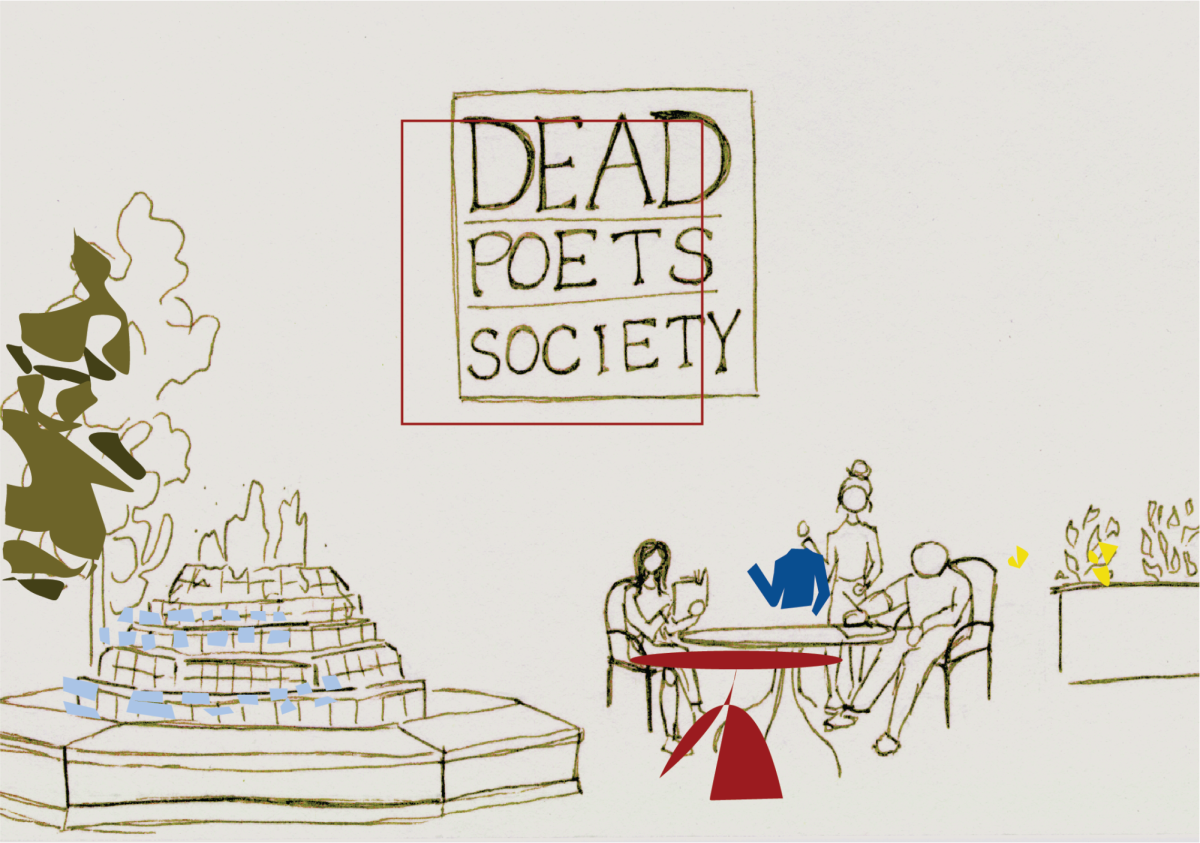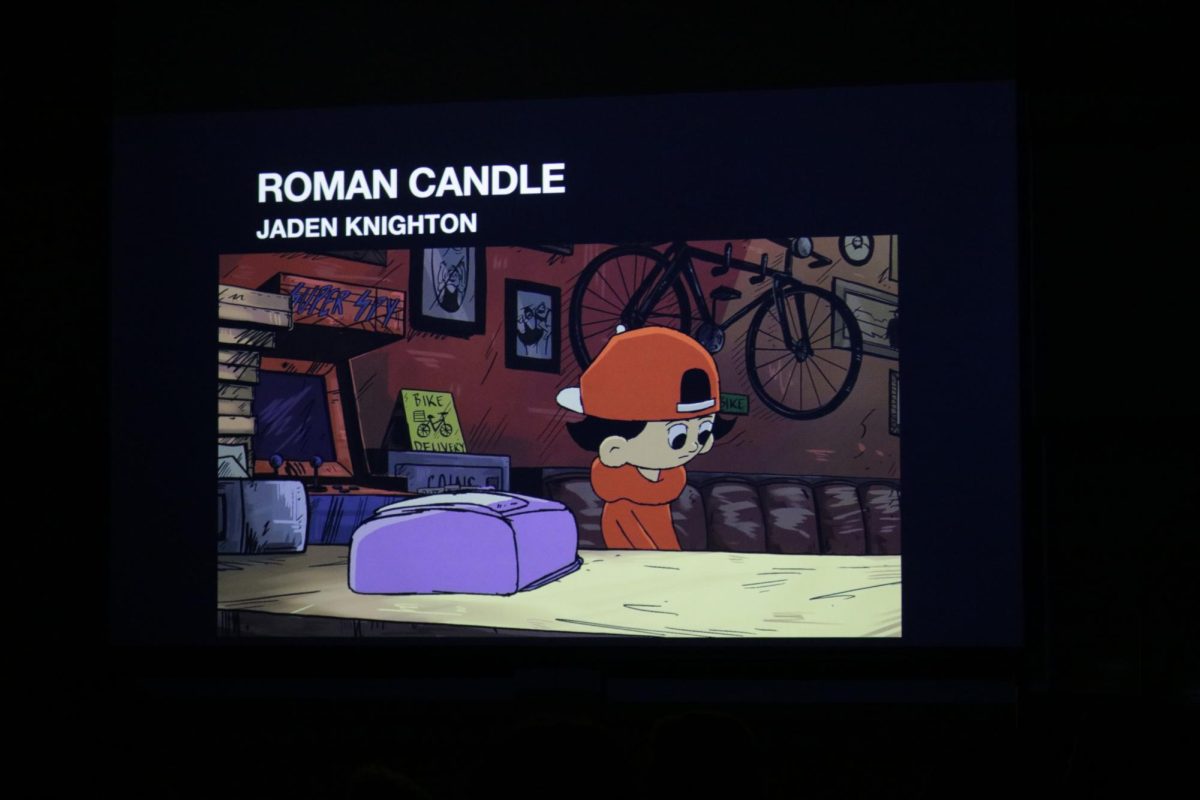“But the wilderness had found him out early, and had taken on him a terrible vengeance for the fantastic invasion. I think it had whispered to him things about himself which he did not know, things of which he had no conception till he took counsel with this great solitude—and the whisper had proved irresistibly fascinating. It echoed loudly within him because he was hollow at the core.”
The hollowness of mankind
Although Joseph Conrad’s nihilistic worldview may be off-putting, he most accurately captured the hollowness of mankind in the “Heart of Darkness.”
Conrad’s dense understanding of shallowness and the evil tendencies of humanity has had a profound influence on literature and filmmaking. Postmodern author T.S. Eliot drew inspiration from Conrad’s seminal novella to craft his celebrated poem “The Hollow Men,” and filmmaker Francis Ford Coppola streamlined Conrad’s overarching themes and characters in order to accentuate the futility behind the Vietnam War in “Apocalypse Now.” While many other directors and writers have attempted to adapt the laudable novella, none have soundly explored Conrad’s perspective of human superficiality to the standard of Coppola and Elliot. Needless to say, director James Gray‘s “The Lost City of Z” topples this daunting task and thoroughly hones in on a work that perfected the cynical view of colonialism.
Gray’s meditative epic, “The Lost City of Z,” astonishes with an engaging yet haunting narrative of human endeavors and foreboding mysticism. In this true story of adventurous self-discovery, Charlie Hunnam portrays Percy Fawcett, a former WWI British soldier and surveyor of the meagerly-exploited Amazon. In attempt to validate his image and moult his tainted family name, Fawcett’s journey becomes a life mission. His initial job to survey veers into a conquest flooded by complete obsession.
Lavish homage
As the uncharted territories chiseled at Fawcett’s rational in obtaining the unreachable, the fearless protagonist ventured deeper with a thirst undeterred by absurdity and quixotic decision-making. While Conrad’s protagonist grew incredulous but wiser as he ventured deeper into the Congolese jungle in hopes of finding Kurtz in HOD, Gray’s Fawcett remained hazardously undaunted through perilous trials.
While Conrad’s haunting story of conquest exhibits a dubious aura, Gray differs. He understands Conrad’s nihilistic approach enough to implement a loose interpretation in order to tap into his affinity for film classism where flicks of conquest were routine and their tones of hope, rather than hopelessness, prevailed.
For all it is worth, Gray’s lavish homage to adventurous film classicism establishes a tone juxtaposed by its ending, one that achieves an ambiguous reaction — and one that may be debated for years to come. While Gray’s knack for nostalgia is a welcomed element, it is most important to note that this film succeeds in attacking the era’s colonialist attitudes with a skeptical and modern spirit akin to Conrad’s approach. Like Conrad, Gray visualizes modern society as a brimming jungle of evil, one that remains merciless and indifferent to human survival. This story does not begin and end with the Amazon. It begins and ends with the human heart. He shows us the essential hypocrisy of a civilization in which human beings can be subjugated to this all-encompassing hollowness, including the likable Fawcett.
As Fawcett’s drive in the Amazon becomes obstructed and culminates into a devouring fever, his courageous image dwindles and descends into an abyss of madness. Hunnam’s portrayal of Fawcett may overreach what actually happened to Fawcett, but this extra touch of lunacy provides an ominous force within an already-brooding jungle setting where danger lurks behind every shrub and branch.
Despite the narrative’s 20-year period where Percy feeds his inner desires with numerous voyages into his own heart of darkness, it is vital to understand that Fawcett, unlike Conrad’s Marlow or Kurtz, is a decent and hopeful human with a fatal flaw that Conrad highlighted in 1899 — the need to conquer the unconquerable.







